Invited Speakers
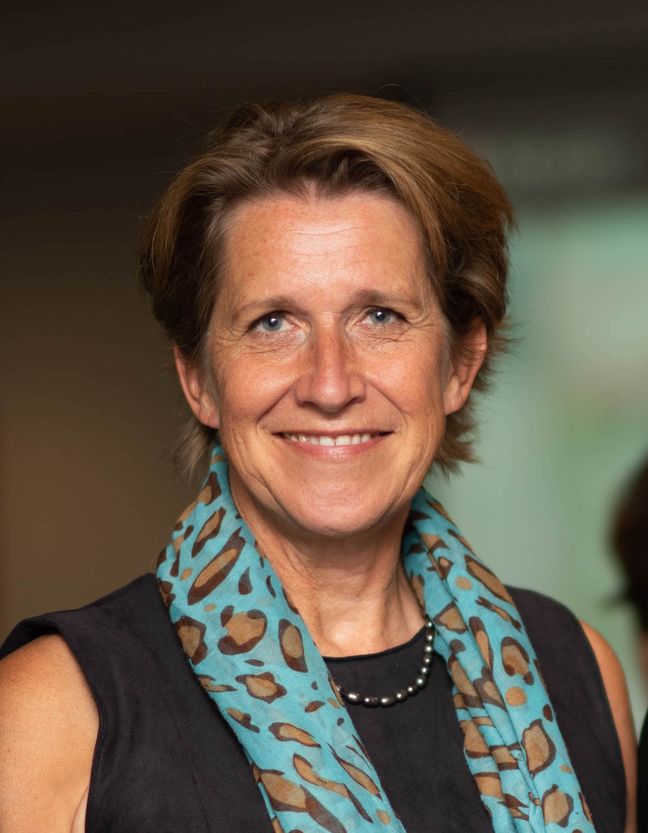
Anja Geitmann
McGill University

C. Robin Buell
University of Georgia

Jonathan Jones
The Sainsbury Laboratory
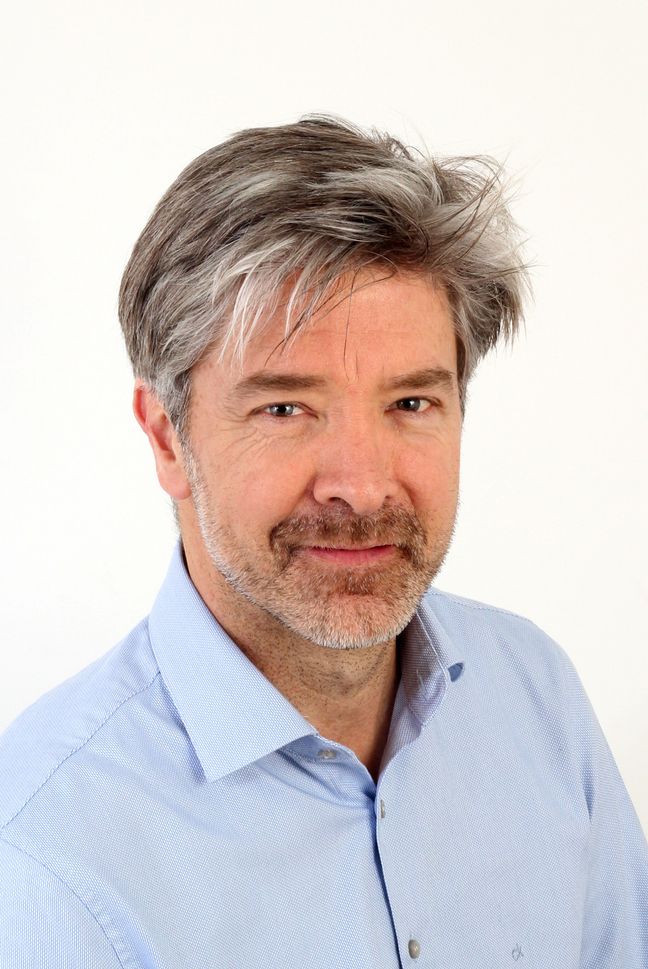
Edwin van der Vossen
Solynta
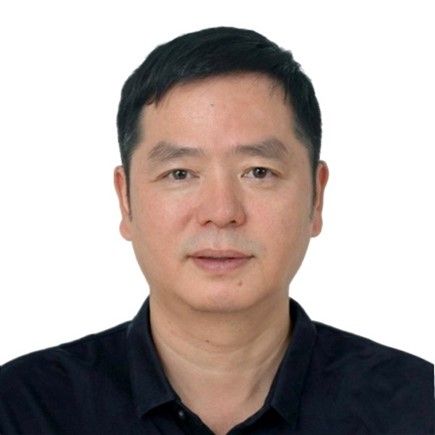
Sanwen Huang
Chinese Academy of Tropical Agricultural Sciences, Agricultural Genomics Institute at Shenzhen, Chinese Academy of Agricultural Sciences
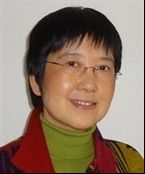
Yuling Bai
Wageningen University and Research

Mondher Bouzayen
Institut National Polytechnique de Toulouse

Robert Last
Michigan State University
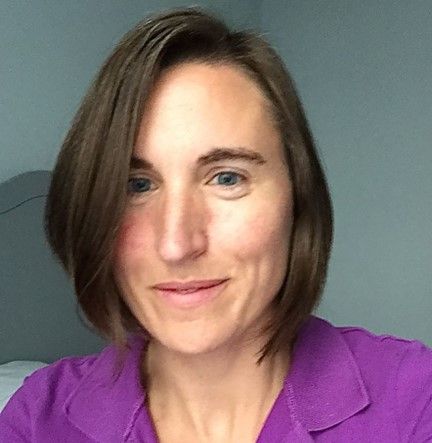
Leonie Moyle
Indiana University
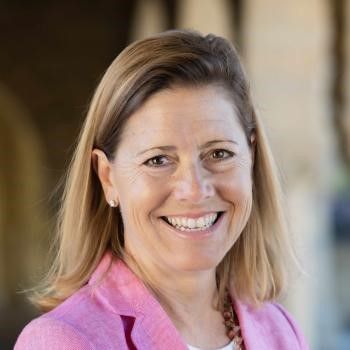
Mary Beth Mudgett
Stanford University

Julien Pierrollo
Institut National Polytechnique de Toulouse
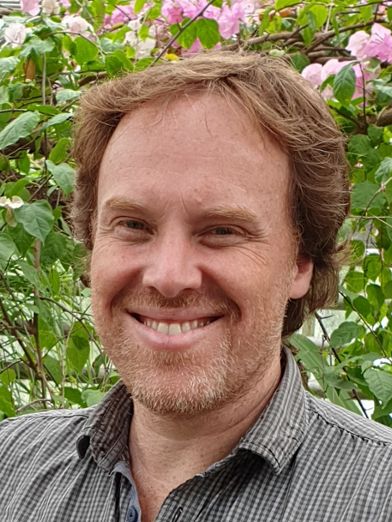
Ivo Rieu
Radboud University
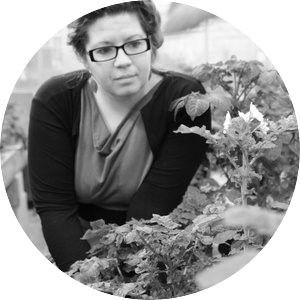
Laura Shannon
University of Minnesota

David Weiss
Hebrew University